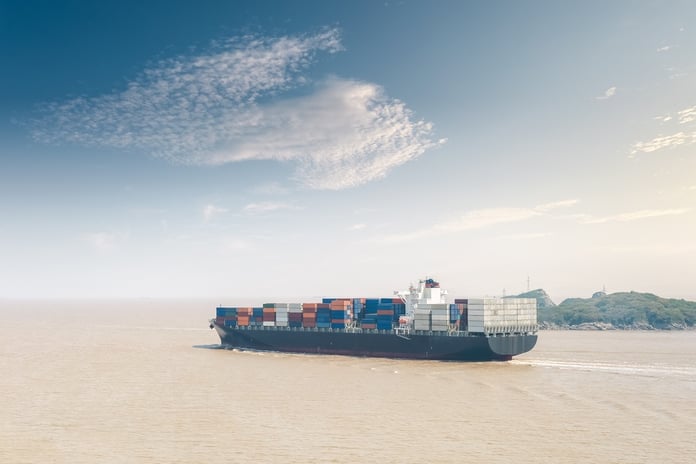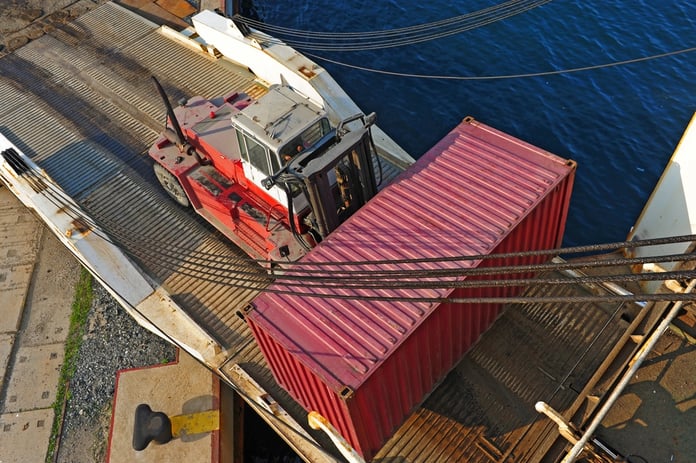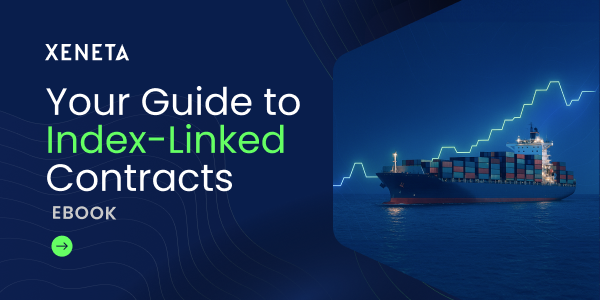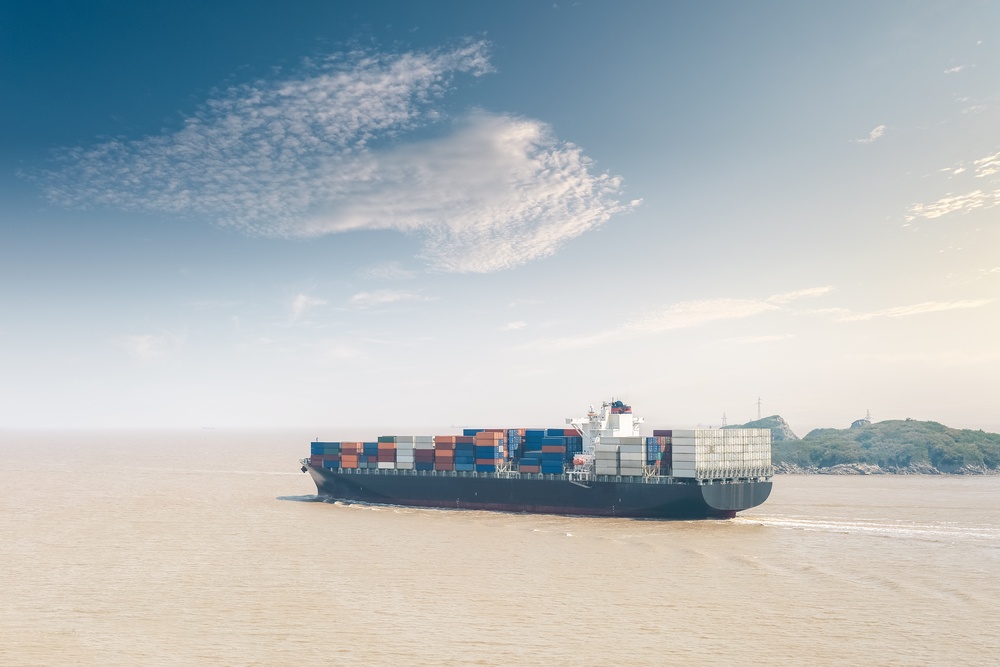 This is part 5 of the Xeneta 11-part FAQ series focusing on key questions related to freight rate benchmarking and procurement. The series provides answers to the most frequently asked questions revolving around the complex world of ocean freight rate benchmarking and procurement. It provides you some tips and tricks to make the process a little less painful.
This is part 5 of the Xeneta 11-part FAQ series focusing on key questions related to freight rate benchmarking and procurement. The series provides answers to the most frequently asked questions revolving around the complex world of ocean freight rate benchmarking and procurement. It provides you some tips and tricks to make the process a little less painful.
Part 1: When is the Best Time to Negotiate Ocean Freight Rates?
Part 2: Will I Leave Money on the Table with 12-month Fixed Rates?
Part 3: Should I Agree to Prices “Subject to GRI” or “Subject to Peak Season Surcharge”?
Part 4: How do Alliances Affect my Rates and Service Contract with a Carrier?
Choosing the Right Carrier
Whether you are a BCO (Beneficial Cargo Owner) with big volumes of specific cargo on multiple trade lanes or an OTI (Freight Forwarder or NVOCC) with big volumes of FAK (Freight All Kinds) cargo on multiple trade lanes, choosing the right carrier is of paramount importance to the success of your business.
In this regard, the question could be whether you should choose a carrier based on trade lane or choose carrier based on global volume?
The answer to this question lies in the trade lane. Although there are several global carriers such as Maersk, MSC, CMA-CGM, etc. These global carriers may not be the best fit for your supply chain, based on your specific business or trade lane.
For example, if you are trading in the Intra-Asia trades, there are many smaller lines, that can provide much better service and rates compared to the global carriers. These lines that specialize in specific trade lanes, often have better connectivity, transit times, and schedule reliability.

The Advantage of Combining Global Volumes
The advantage however of combining your global volumes and choosing a global carrier is that if there are any adjustments to be made in the total global volume vs. local trades, it is possible. This may not be possible with a local/regional carrier.
The trade-off however maybe that by combining all your volumes and giving it to a global carrier, you may be putting all your eggs in one basket, and if there is a dispute with that carrier, then you may have a problem getting out of that contract.
The suggested option would therefore be to spread the volumes across a few global carriers, and in certain, specific trade lanes, where you need a more tailored solution, use local/regional carriers.
.png)



-1.jpg)


.avif)
